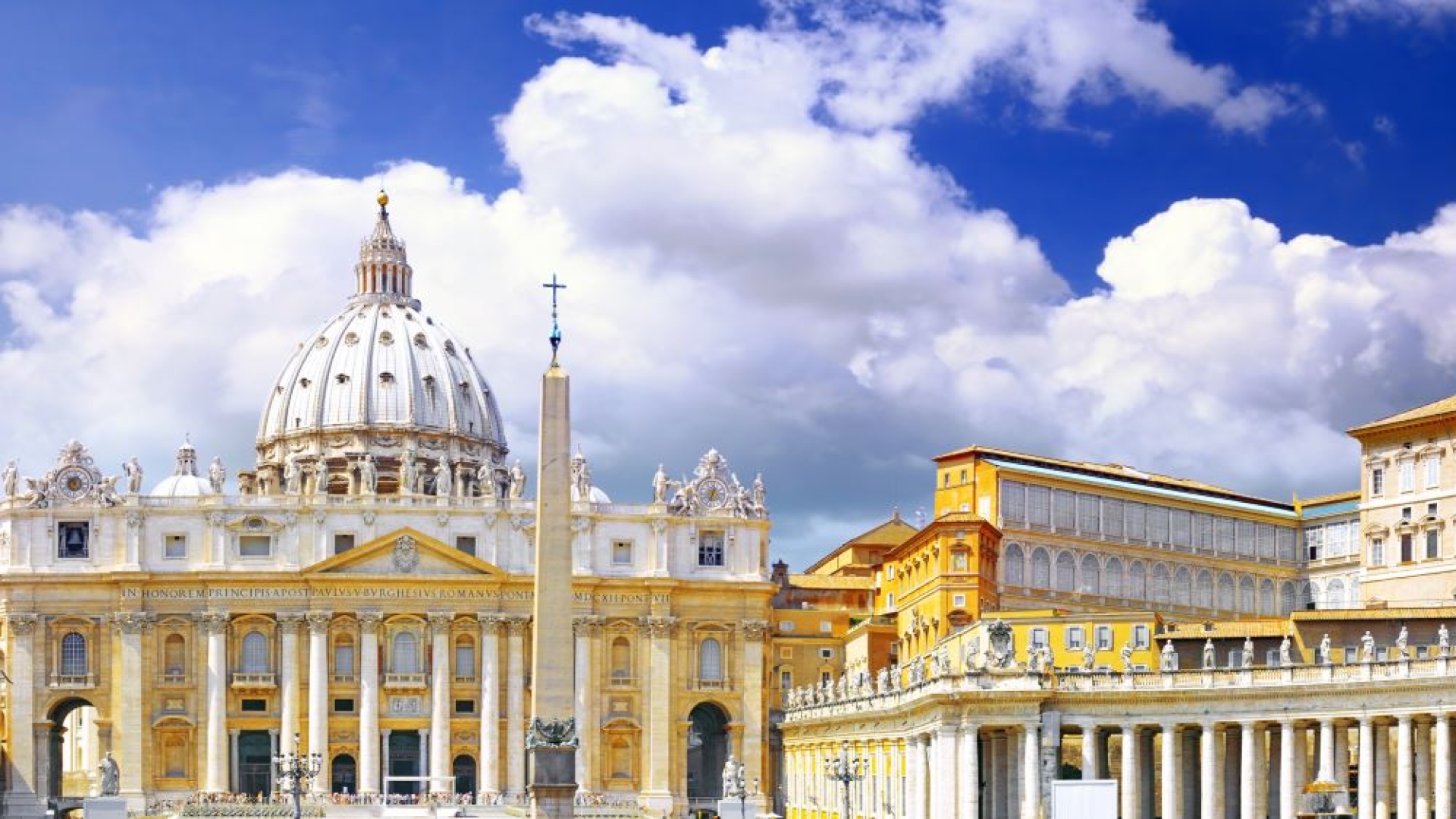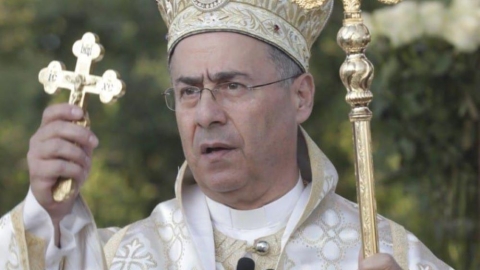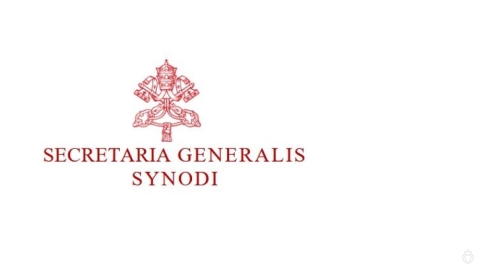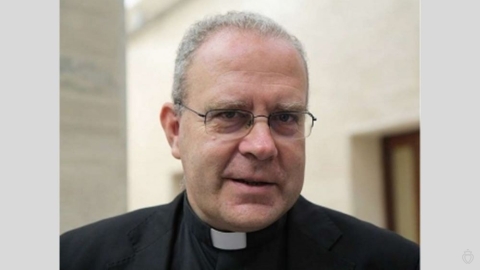Papabili: Those Who Believe in It and Those Who Believe in Themselves (2)

In an article published on April 27, 2024 on the British site UnHerd, Damian Thompson returns at length to the subject which currently occupies all conversations between cardinals: “Who are the serious papabili for the next conclave?”
Does this mean that conservatives could play a role in the next conclave? Damian Thompson is cautious: “As for hardline conservative papabili, there really aren’t any; Francis has at least made sure of that. But there is a moderate conservative possibility: Cardinal Péter Erdő, Primate of Hungary. Unlike the exuberant, tearful Tagle, he’s an emotionally reserved scholar.”
“He has the reputation of disliking the limelight and being a bit thin-skinned – but at the synod on the family in 2015, despite arm-twisting from papal apparatchiks, he used his position of relator-general to deliver a masterful defense of traditional teaching. One Vatican watcher describes him as ‘boringly conservative, which might be exactly what we need right now.’”
Messaggero Vaticanist Franca Giansoldati shares this opinion. In an article dated May 6, reporting an interview with Cardinal Erdő in the Cardinalis-Magazine review dated May 2, she wrote: “The first subject addressed by Bishop Erdő was the phenomenon of dechristianization, which dramatically undermines the presence of the Church in the West for decades. As an antidote, Erdő would like a strengthening of movements and the centrality of faith.
He says: “If this were a crisis period, many trends would disappear quickly, but it appears we are facing a long-term crisis. Crisis is always synonymous with danger, but also opportunity. But it is important that our Catholic Christian identity remains rooted in the most essential things, namely that Christ is resurrected, that we believe in God, the Trinity and eternal life.”
Franca Giansoldati continues her summary of the interview: “As for the risk of schism in Germany caused by the ultra-progressive thrusts of a large part of the episcopate, Erdő is cautious. He affirms: “Like many others, I note – including during the last synods – that a kind of ‘alternative’ is emerging in the Church.”
“Some believe that Christianity is almost a natural religion, that on the basis of goodwill and intellectual openness, it can follow the needs of people in today's society and seek solutions that seem reasonable, and if they have a connection to the Bible, even better.”
“But that’s about inventing solutions and responses with human logic.” Then he repeats: “Rather, we are disciples of Christ.… The voice of Jesus, the foundation of the Eucharist, the Our Father, and other things that have been preserved are precisely the content of his teaching. We have a treasure and we are not condemned to face the problems of our time empty-handed...”
For his part, in UnHerd, Damian Thompson cautiously cites other names: “What about moderate cardinals who are difficult to pigeonhole? The newest papabile is Pierbattista Pizzaballa, the Italian-born Latin patriarch of Jerusalem. In recent months, the horrors on his doorstep have revealed a diplomat of rare skill.”
“His condemnation of IDF [Israeli Defense Force] attacks on civilians in Gaza earned him a rebuke from the Israeli foreign minister – but he had earlier condemned Hamas for its ‘barbarism’ and offered himself as a hostage in place of Israeli children. And while it's not hard to believe him when he says he has absolutely no wish to be pope, it's possible he may be forced to think again.”
Then he mentions the Asian cardinals: “Three names keep cropping up: William Goh from Singapore, orthodox on sexuality, quietly critical of the surrender to Beijing; Charles Maung Bodu from Myanmar, also a critic of the China deal; and You Heung-Sik, the new prefect for the dicastery for the clergy from South Korea.”
Finally, he concludes, without indulgence, his overview with Cardinal Secretary of State Pietro Parolin: “The 69-year-old Italian is visibly on maneuvers and his candidacy is being taken seriously. … He was the architect of the Vatican’s 2018 deal with Beijing, which – as former Hong Kong bishop, Cardinal Joseph Zen warned him – would turn the Chinese Catholic Church, including persecuted underground believers, into a wholly owned subsidiary of the Communist Party.”
“That is precisely what happened. Zen, now 92, regarded by many orthodox Catholics as a living saint, had used extraordinary language about Parolin: 'He is so optimistic. That's dangerous. I told the Pope that he [Parolin] had a poisoned mind. He's very sweet, but I have no trust in this person. He believes in diplomacy, not in our faith.' A Vatican source who has worked with Parolin echoes this opinion: “He is nice to everyone, but hollow in the middle.”
Basically, nothing is certain and Damian Thompson recalls: “Any Vatican-watcher will tell you that new papabili flash through the sky during the last days of a pontificate.” Certainly, “one can easily imagine mildly liberal cardinals voting for a mildly conservative candidate who can tackle the structural damage of the past 11 years. ‘Francis left canon law with so many holes that it’s like the surface of Mars,’ says a priest who has worked in the Curia.”
“It is a fair bet that, in their pre-conclave conversations, most cardinals will agree that the next pope must be someone capable of supervising an emergency repair job that clarifies doctrine, the scope of ecclesiastical authority and puts an end to the jihad against traditionalist Catholics, many of whom are a generation or two younger than the jargon-spouting Boomers harassing them.”
But the British journalist recalls that “the cardinals know that they must delve deep into the past of the leading contenders. They have no choice. The next pope will face instant, merciless scrutiny from online investigators. A 2021 article in The Tablet by Church historian Alberto Melloni describes an all-too-credible catastrophe:
“‘The newly elected pope steps out. And as he smiles and humbly introduces himself to the crowds in the square, a lone social media post makes a stunning allegation.” The new pope, when a bishop, failed to act against a priest who went on to commit further crimes. ‘In the square (St. Peter's) and in the press boxes, eyes drop from the balcony to their smartphones... The Pope steps back inside, and resigns. The see is vacant again.’”
And Damian Thompson deplores the 2013 election: “The truth is that many Catholics in Argentina from across the ideological spectrum knew about Francis' character flaws: his compulsive secrecy, score-settling, disturbing alliances and his rule by fear. But no one aske them.”
Hence this wish: “As the new Supreme Pontiff shuffles on to the balcony there will be an unnerving moment while the faithful check their mobiles. But if the cardinals have done their job properly, the applause will quickly resume. And if you listen carefully, you will hear another sound coming from every office in the Vatican: a sigh of relief that the Squid Game [nightmare] is finally over.”
(Sources : UnHerd/Il Messaggero – Trad. à partir de Belgicatho/DICI n°444 – FSSPX.Actualités)
Illustration : Photo 20501751 © Vitalyedush | Dreamstime.com





